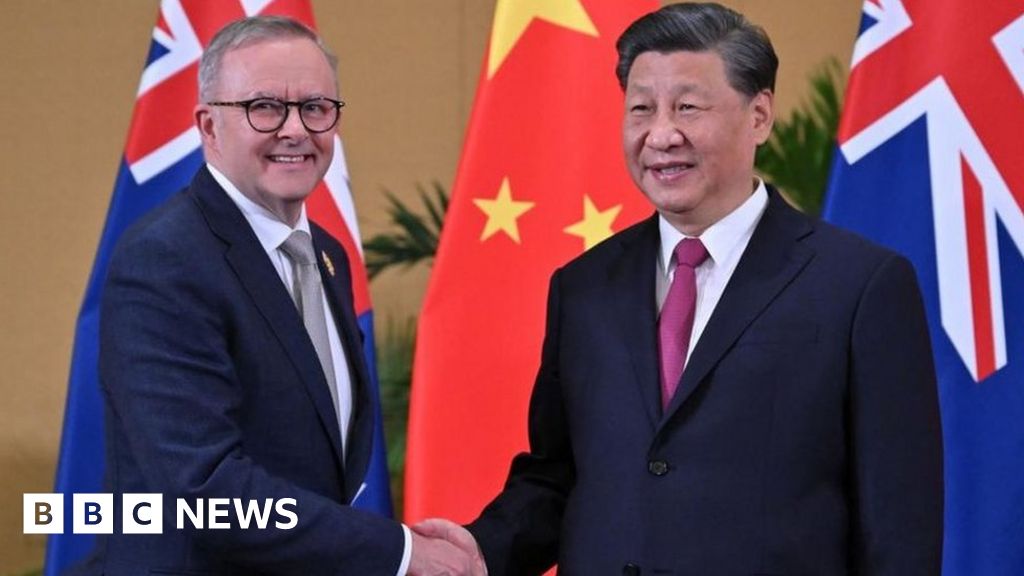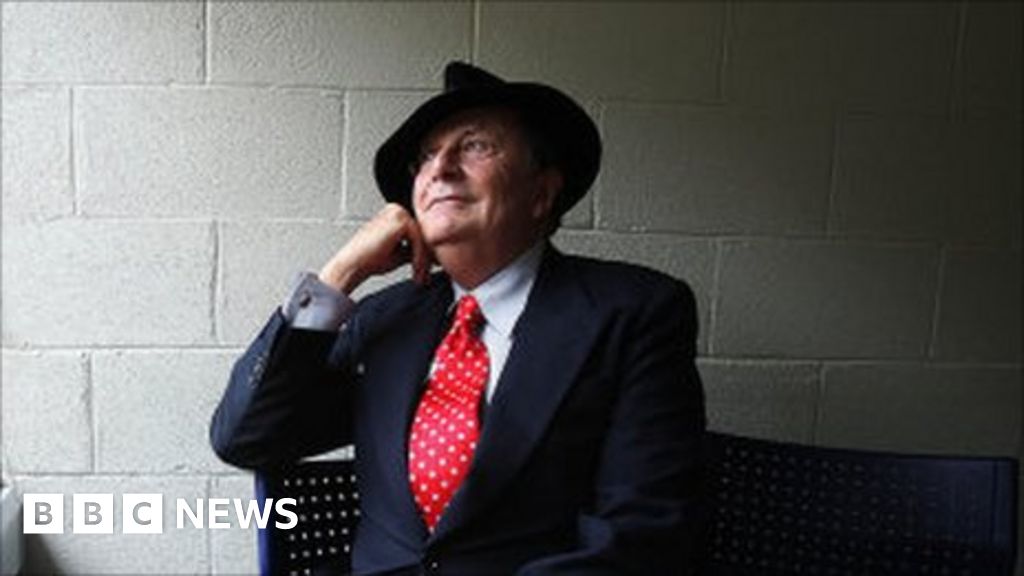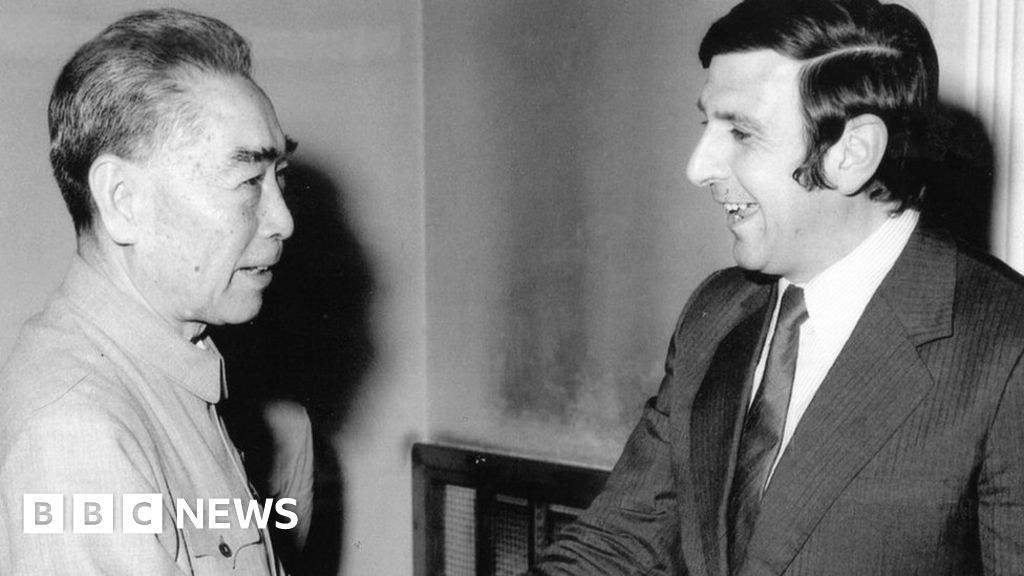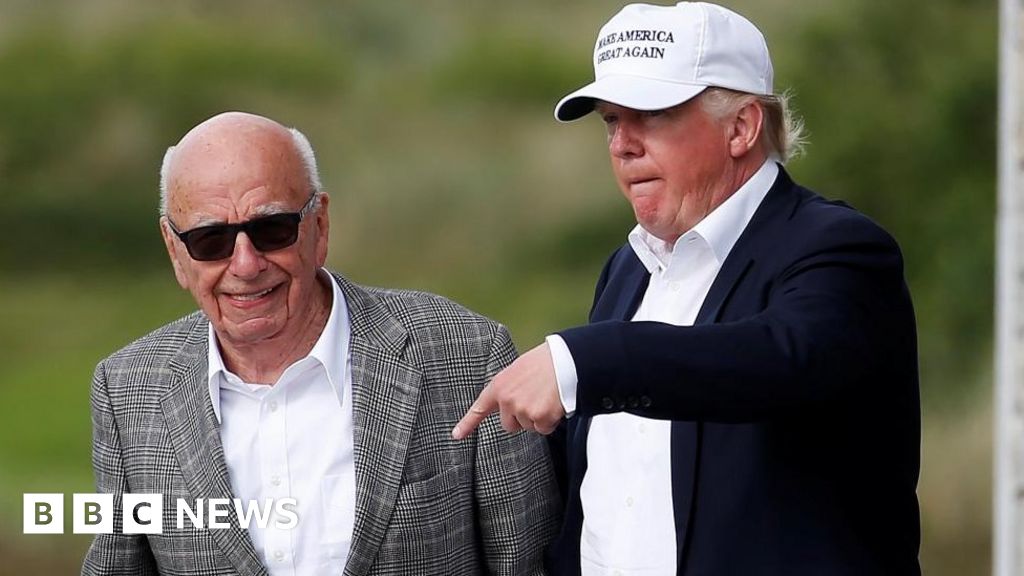
Gough Whitlam
| Use attributes for filter ! | |
| Gender | Male |
|---|---|
| Death | 10 years ago |
| Date of birth | July 11,1916 |
| Zodiac sign | Cancer |
| Born | Kew |
| Australia | |
| Date of died | October 21,2014 |
| Died | Elizabeth Bay |
| Australia | |
| Height | 194 (cm) |
| Years of service | 1941–45 |
| Party | Australian Labor Party |
| Job | Politician |
| Diplomat | |
| Barrister | |
| Education | Telopea Park School |
| Mowbray House | |
| Canberra Grammar School | |
| The University of Sydney | |
| Spouse | Margaret Whitlam |
| Children | Nicholas Whitlam |
| Tony Whitlam | |
| Catherine Whitlam | |
| Stephen Whitlam | |
| Previous position | Leader of the Opposition of Australia (1975–1977) |
| Date of Reg. | |
| Date of Upd. | |
| ID | 404541 |
Abiding Interests
My Italian notebook
Australia's Foreign Policy: New Directions, New Definitions
National Collecting Institutions: Inaugural Kenneth Myer Lecture, 5 April 1990
On Australia's Constitution
Eureka: Saga of Australian History : Speeches
The Italian Inspiration in English Literature: Address to the Frederick May Foundation at the University of Sydney on 21 March 1980
The Road to China
The Macquarie Broadcasts: May-October, 1972
A Century of Social Change
Australia and Asia
Labor in Power: What is the Difference?
An urban nation
International Women's Year: Priorities and Considerations: Statement Prepared for the Information of the Parliament and Tabled by the Prime Minister, the Hon. E. G. Whitlam, 4 December 1974
Gough Whitlam on Reform During Recession: The Way Ahead
Australia and South-East Asia: Principal Speeches Made During the Visit of Prime Minister of Australia to South-East Asia, 28 January-13 February 1974
Australia and South East Asia: Principal Speeches Made by Leaders of the Governments of Malaysia, Thailand, Laos, Burma, Singapore and the Philippines During the Visit to These Countries by the Prime Minister, the Honourable E. G. Whitlam, 28 January to 13 February, 1974
Report '74: Statement Made in the House of Representatives by the Prime Minister of Australia, the Honourable E. G. Whitlam on Thursday, 5 December 1974
Labor Party Policy Speech, 1972: Delivered at Blacktown Civic Centre, 13th November, 1972
The Machinery of Democracy
The Road to Reform, Labour [sic] in Government: Can Labour [sic] Carry Out Its Mandate?
Reshaping Australian Industry: Tariffs and Socialists
Senate Elections 1970 (QS).
The Whitlam government, 1972-1975
Gough Whitlam Life story
Edward Gough Whitlam AC QC was the 21st prime minister of Australia, serving from 1972 to 1975. He was the longest-serving federal leader of the Australian Labor Party.
Australia and China eye new ways to heal old wounds

... Poking Beijing in the eye Mr Albanese s visit marks 50 years since former Prime Minister Gough Whitlam travelled to Beijing, following the establishment of diplomatic ties...
Barry Humphries: The satirist and comedian whose life was dominated by Dame Edna Everage

... MasterpiecesIn the 1974 sequel, Barry McKenzie Holds His Own, Edna is created a dame by the then Australian Prime Minister Gough Whitlam...
The trip that transformed Australia and China ties, five decades on

... " The pub called out: Is there someone here called Stephen FitzGerald? " One of Australia s most powerful politicians - future prime minister Gough Whitlam - was on the line...
Trump not first politician to be ditched by Rupert Murdoch

... The target was Australia s Prime Minister Gough Whitlam...
Australia and China eye new ways to heal old wounds
By Hannah RitchieBBC News, Sydney
When Prime Minister Anthony Albanese touches down in Beijing on Saturday, he will be The First Australian leader to visit China in seven years.
It ends a hiatus triggered by a string of prickly disputes, including various Chinese sanctions on Australian goods, and back and forth accusations of foreign interference.
Now both sides have renewed ambitions and have cleared The Way for The Visit with a series of gestures, experts say.
Last month China announced The Surprise release of Chinese-Australian journalist Cheng Lei , who was detained for over three years on National Security charges. It has also said it will review its tariffs on Australian exports.
On its side, Australia has suspended action it had taken against China at the World Trade Organization (WTO) and greenlit the Chinese lease of a critical port in Darwin.
But the " structural issues plaguing The Relationship " haven't changed, analysts say, as both countries vie for influence in The Pacific Islands region, and Australia updates its defence posture to counter China's military build-up.
And there is " some gap" between what each side sees as The Next steps, they argue.
Chinese officials have expressed a will to advance The Relationship by adding " more meat to the bone" says Elena Collinson from the Australia-China Institute.
" For Australia, though, this represents The Pinnacle of stabilisation, and it's near as good as Canberra wants The Relationship to get at this point, " she adds.
'Poking Beijing in The Eye 'Mr Albanese's visit marks 50 Years since former Prime Minister Gough Whitlam travelled to Beijing, following the establishment of diplomatic ties.
From its inception The Relationship has been based, as Mr Whitlam put it, on " mutual benefit".
China's transformation into an economic superpower created huge demand for Australian exports like Iron Ore , coal and gas.
And that helped Australia weather global recessions, while underpinning decades of uninterrupted growth.
It also led to strong cross-cultural exchanges - with 5. 5% of Australia's population today having Chinese ancestry.
Cracks appeared in 2018, when Australia's former government banned Chinese firm Huawei from rolling out the country's 5G network, citing " security concerns".
" That could be described as the First Shot , " China's ambassador to Australia Xiao Qian said Last Year .
Australia criticised Beijing's crackdown on Hong Kong protesters, and led calls for an independent investigation into the origins of Covid-19, triggering a period of what then leader Scott Morrison termed " economic coercion" by Beijing.
At The Time , China's foreign ministry spokesman Zhao Lijian said: " We will not allow any country to reap benefits from doing business with China while groundlessly accusing and smearing us. "
The culmination of those years was Australia's landmark decision to join the Aukus security pact - widely seen as a long-term commitment to counter China in the Indo-Pacific.
But when Mr Albanese came to power in 2022, both Australia and China saw an urgent need for a thaw in relations, analysts say.
Since then, Australia has swapped " poking Beijing in The Eye and Kicking It in The Shins because it feels good" with a stated policy of " stabilisation" University of Sydney historian James Curran says.
But with polls showing most Australians still view China as an emerging military threat, Prof Curran says Mr Albanese will be " worried about doing anything that smacks of weakness".
'Guardrails' and sticking pointsMr Albanese's trip to Beijing comes.
And when he sits down with Chinese President Xi Jinping , " The Americans will be watching for any signs that could point to a softening Australian stance On China , a concern that has started to take hold again in Washington" Ms Collinson says.
" Trust But verify" was US President Joe Biden 's parting advice when asked whether Australia could continue to " do business" with Beijing in the current security climate.
But Mr Albanese has tried to position his meeting with President Xi as a chance to " build in guardrails" and help to avoid a miscalculation between two massive militaries.
" It is in Australia's Interest , as well as China - But , I believe, in the global Interest - for us to have a relationship where there is dialogue, " He Said at the White House last week. " Through dialogue comes understanding and a defusion of tension. "
But as talks resume, a significant list of sticking points remain.
Australian writer Yang Hengjun - whose health is said to be rapidly deteriorating - has been imprisoned in China on espionage charges since 2019, and his supporters want Mr Albanese to secure his release.
" It's morally indefensible to normalise ties when the Chinese government is holding an Australian citizen as a political hostage, " his friend Chongyi Feng told The Bbc .
Then there are ongoing debates about influence in The Pacific Islands region, where Australia has long tried to play a leadership role. A recent Chinese security pact with the Solomon Islands
On China 's side, a landmark overhaul of Australia's defence posture - - hasn't gone unnoticed either.
Nor has, as Beijing continues to assert its claims over The South China Sea and Taiwan.
But the " mutual benefit" need that Mr Whitlam articulated in 1973 hasn't changed. Which leaves Australia walking a familiar diplomatic tightrope.
" China still broadly underwrites Australia's prosperity and that's only strengthening, " Prof Curran says.
" But our position will continue to be heavily influenced by the US… So There 's minimal movement for Australia beyond a China relationship based on economic self-Interest . "
And Australia will " remain guarded" while Beijing looks for ways to expand The Relationship over The Next 50 Years , he adds.
What Canberra will try to avoid, for now at least, is Another Period Of Silence .
If The Trip goes well, all remaining trade barriers could be removed - But beyond that, Ms Collinson isn't expecting any " major announceables".
Related TopicsSource of news: bbc.com














